At DEGIS, we believe in sharing the real, unfiltered stories of international students shaping Germany’s future. In this interview, Mithil Barath opens up about his journey as a queer international—from rural East Germany to building inclusive spaces and raising a family in Cologne.
1. You’ve had quite a journey—moving to Germany as a student, staying to work, and now building a life and family here. How has your experience as a queer international shaped your personal and professional path in Germany?
Mithil: My journey to Germany wasn’t planned, it was love that brought me here. I had been living in Hungary, and when my now-husband and I decided to build a future together, I moved to Schmalkalden, a small town in eastern Germany, to start university. That transition wasn’t easy. The culture shock was real, and as a queer international, I often felt invisible. The social climate was conservative, and there wasn’t much space for people like me.
But I didn’t let that stop me. I carved out my own space, both personally and professionally. Eventually, I co-founded the DEGIS chapter in Schmalkalden, creating a platform for international and queer students like myself who were craving connection.
Now, we’ve moved to Cologne, a city that feels much more like home. It’s where I work, raise my twin baby girls (yes, twins!), and finally feel like I can breathe a little easier. But the journey through visas, marriage registration, and endless paperwork? A whole challenge on its own.
Still, every obstacle has made me stronger and more determined to create spaces where queer internationals aren’t just surviving, but thriving. My story isn’t the exception. It’s one of many. And it’s time we make that more visible.
2. Can you tell us about a moment—within DEGIS or beyond—when you truly felt seen and supported as a queer person in Germany? What made that moment meaningful for you?
Mithil: When I started university in Schmalkalden, there was no space for internationals, let alone queer students. I looked around and realized no one was coming to create that space for us. So, I reached out to multiple organizations, and DEGIS was the one that answered.
That response changed everything. With a few other students, I helped launch DEGIS Schmalkalden. We started small, but it grew into something powerful and today, it has over 50 volunteers and a full board. From that, we built clubs and safe spaces for marginalized voices, including one specifically focused on queer expression and the arts.
That moment of being seen, of seeing others show up and build alongside me, was deeply meaningful. For the first time, I felt like I wasn’t just existing in Germany. I was part of something. I was helping to shift the narrative.
3. You’ve led some important initiatives within DEGIS. What motivated you to bring LGBTQAP+ topics into our network, and what impact do you think these initiatives have had so far?
Mithil: What motivated me was simple: silence is never neutral. If we’re not talking about queer topics—especially in international spaces—we’re ignoring a huge part of people’s lived experiences.
I brought LGBTQAP+ issues into DEGIS because I didn’t want another student to feel the kind of isolation I once did. That meant organizing safe groups for expression, pushing for visibility during Pride, and making space for people to share their stories with no filter, no shame.
The impact? It’s in the people who message me after an event saying, “I finally felt seen today.” It’s in the growing number of queer internationals stepping into leadership. It’s in DEGIS showing up—not just during Pride Month—but throughout the year. There’s still so much to do, but we’ve made real progress. And I’m proud to be part of that shift.
4. In your view, how does Germany compare to other places when it comes to creating a safe and inclusive environment for queer internationals? Where are we doing well, and where is there still work to do?
Mithil: I’ve traveled across Europe, the Americas, and Asia, and while I hoped Germany would feel more inclusive, the reality is mixed. Yes, cities like Cologne and Berlin offer more visibility and access. But move outside those bubbles, and it’s a different story.
In smaller towns—especially in the East, being queer and international can still feel like an uphill battle. You’re navigating cultural differences, legal systems, and social stigma all at once.
Germany has made some progress: healthcare is accessible, same-sex marriage is legal, and Pride is celebrated in major cities. But legal rights don’t always translate into lived equality, especially for trans people, BIPOC queer folks, and non-EU internationals.
If Germany wants to live up to its progressive image, it needs to do more than tolerate queer people, it needs to actively support and protect them. Right now, that support is uneven at best.
5. Looking ahead, what kind of support or changes would you love to see from communities like DEGIS to better uplift and empower queer international students and professionals?
Mithil: I’d love to see DEGIS create more dedicated spaces for queer students—spaces that aren’t just inclusive but intentional. We need recurring events, mentorship programs, mental health support, and collaborations with LGBTQ+ and trans-led NGOs.
Let’s not wait for Pride Month to show support. Let’s weave queer inclusion into everything, from career panels to leadership programs. Let’s fund projects by queer internationals. Let’s invite them to lead, not just participate.
The truth is, queer internationals carry unique strengths: adaptability, courage, creativity. But we also carry unique burdens. DEGIS has the platform to be a true ally, not just in words, but in action.
And I do believe it’s moving in that direction. I’ve seen it. I’ve helped shape it. But let’s keep pushing, bigger, bolder, and with all the love and fire we’ve got.
Want to be part of a community that celebrates you—just as you are?
Whether you’re looking for connection, leadership opportunities, or simply a safe space to grow, DEGIS is here for international students and professionals across Germany.
Join DEGIS today and help us build a more inclusive, supportive future, together!
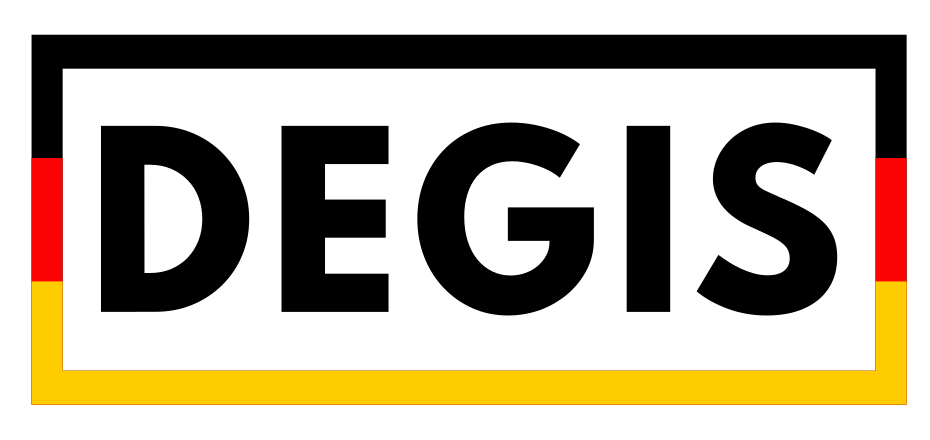
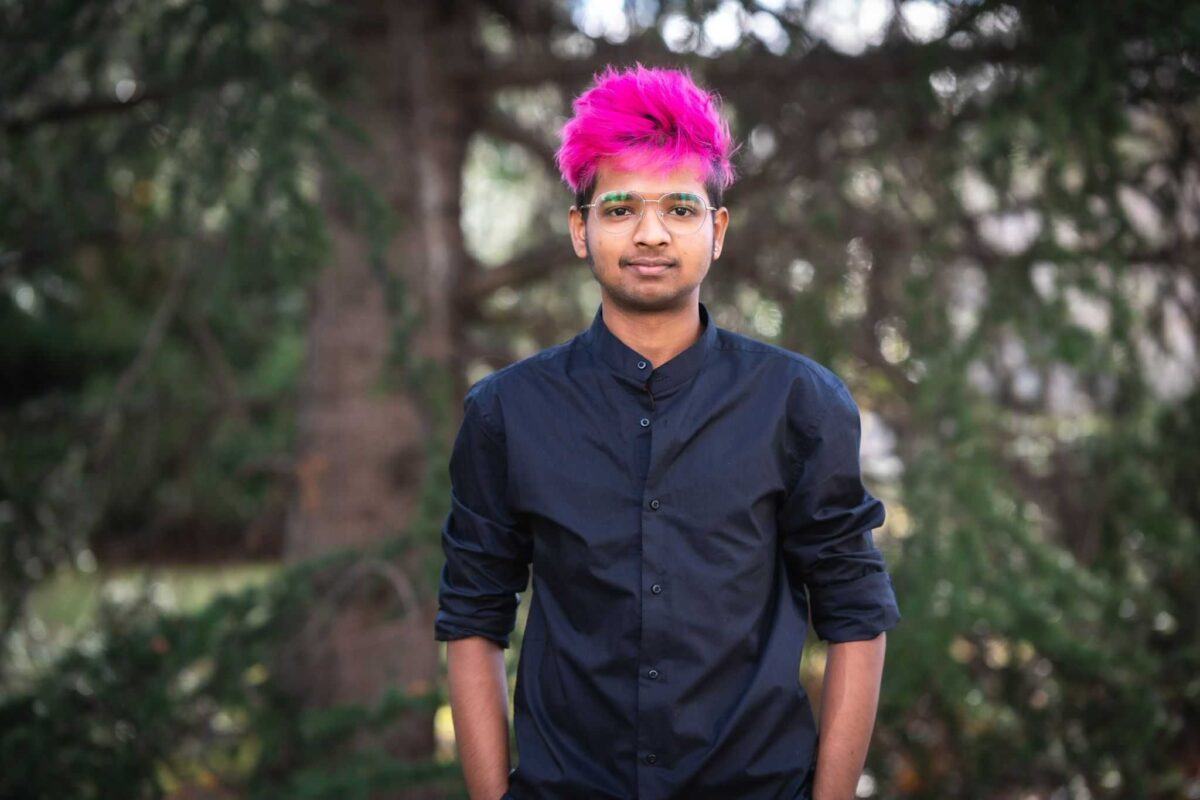
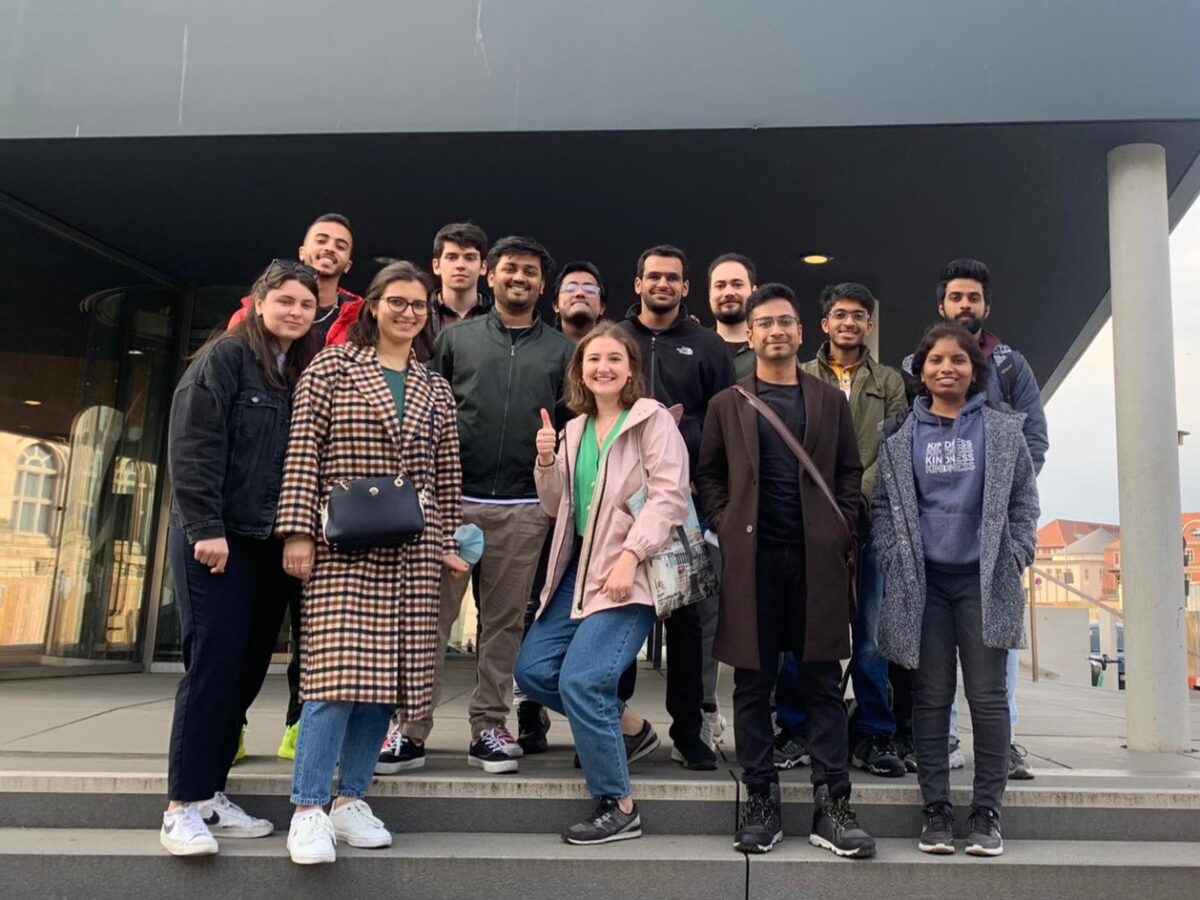

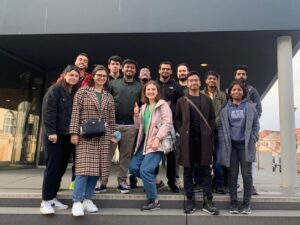 Leadership doesn’t mean doing everything alone. It means collaborating, experimenting, asking questions, and growing together. Whether you feel more comfortable behind the scenes or stepping up to lead a team, there’s space to explore at your own pace.
Leadership doesn’t mean doing everything alone. It means collaborating, experimenting, asking questions, and growing together. Whether you feel more comfortable behind the scenes or stepping up to lead a team, there’s space to explore at your own pace. For many of us, moving to Germany can be a confusing, even isolating experience. DEGIS is a space for reorientation—a place to meet others on the same journey, to feel connected, and to build something meaningful together.
For many of us, moving to Germany can be a confusing, even isolating experience. DEGIS is a space for reorientation—a place to meet others on the same journey, to feel connected, and to build something meaningful together.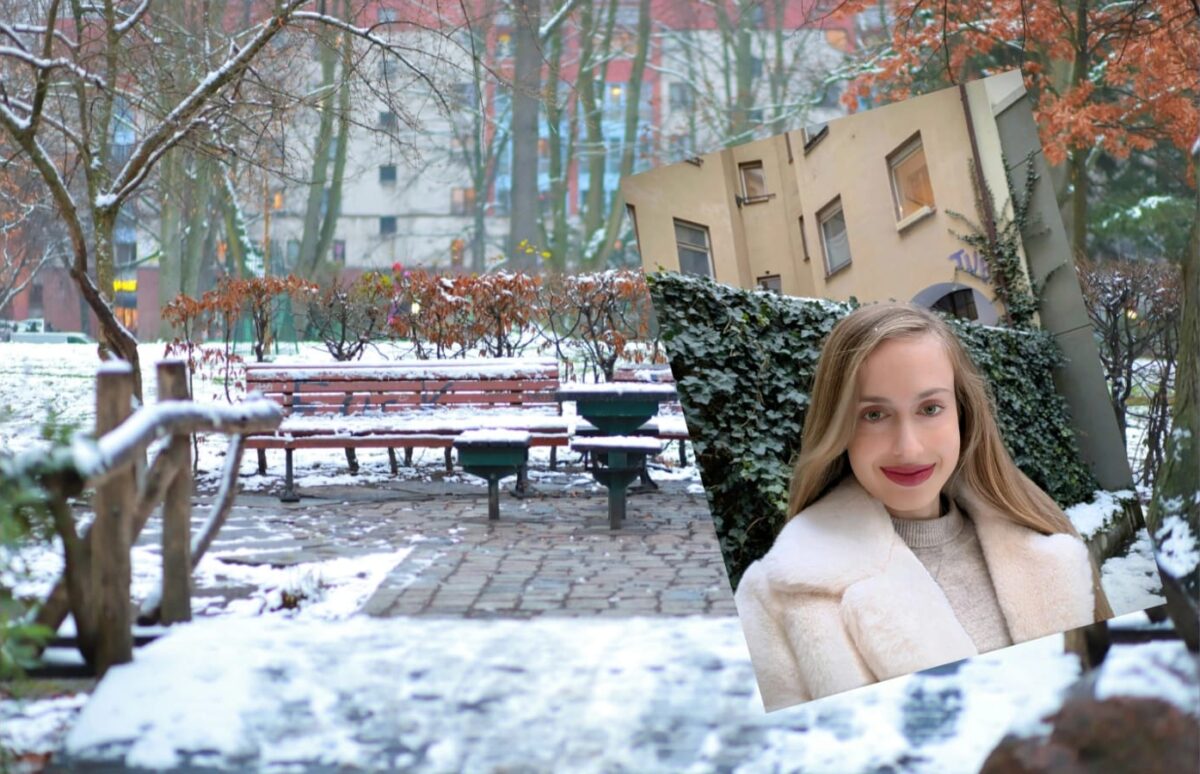

 Unfortunately, accommodation scams are a growing concern, especially on fast-moving platforms like Facebook, WG-Gesucht, and eBay Kleinanzeigen. These scams are often cleverly disguised, emotionally exhausting, and can lead to serious financial loss.
Unfortunately, accommodation scams are a growing concern, especially on fast-moving platforms like Facebook, WG-Gesucht, and eBay Kleinanzeigen. These scams are often cleverly disguised, emotionally exhausting, and can lead to serious financial loss. 

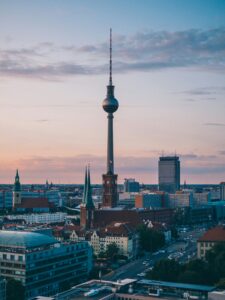
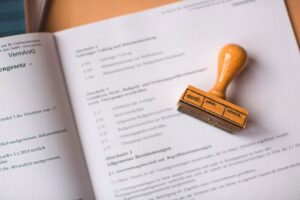 Anmeldung is the official registration of your address in Germany, and it’s mandatory for anyone living here longer than a few months.
Anmeldung is the official registration of your address in Germany, and it’s mandatory for anyone living here longer than a few months.



 Celebrate Wins: Perhaps you passed a challenging German exam or landed a part-time job amid a busy schedule, it’s time to recognize your hard work!
Celebrate Wins: Perhaps you passed a challenging German exam or landed a part-time job amid a busy schedule, it’s time to recognize your hard work!


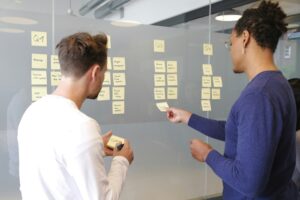
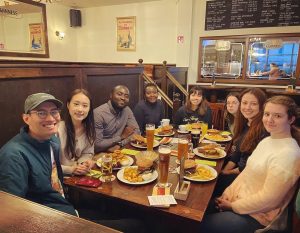 A new year brings fresh possibilities that become tangible when we set precise, achievable goals and strengthen them with supportive daily habits.
A new year brings fresh possibilities that become tangible when we set precise, achievable goals and strengthen them with supportive daily habits. 

 Embarking on the adventure of permanently migrating to Germany and studying psychology in a German-taught program as an International Student had been a dream I held for almost a decade. My passion for immersing myself in a new culture began with my first student exchange experience in the Black Forest (Schwarzwald) region during high school.
Embarking on the adventure of permanently migrating to Germany and studying psychology in a German-taught program as an International Student had been a dream I held for almost a decade. My passion for immersing myself in a new culture began with my first student exchange experience in the Black Forest (Schwarzwald) region during high school. The first day at university felt like walking into a different world, starting just a few days after my arrival with a new home and jetlag on top! Surrounded by new faces and engaging in complex conversations entirely in German, I was both excited and challenged by the opportunity to fully immerse myself in the language and culture. Although I held a C1 level in German, the fast-paced lectures and nuanced academic discussions initially felt daunting. I remember sitting in the lecture hall about to hold my first presentation, and I was shaking in my boots!
The first day at university felt like walking into a different world, starting just a few days after my arrival with a new home and jetlag on top! Surrounded by new faces and engaging in complex conversations entirely in German, I was both excited and challenged by the opportunity to fully immerse myself in the language and culture. Although I held a C1 level in German, the fast-paced lectures and nuanced academic discussions initially felt daunting. I remember sitting in the lecture hall about to hold my first presentation, and I was shaking in my boots! In my quest to find a sense of community who actually understood and could relate to my personal journey, I discovered
In my quest to find a sense of community who actually understood and could relate to my personal journey, I discovered Furthermore, I sought ways to enhance my German beyond the C1 level. I immersed myself in the language by attending local meetups with other language learners, speaking as much German as possible with my fellow native speaker students, reading German literature and diving into German news on politics and cultural happenings. If you want some cool tips on German language resources,
Furthermore, I sought ways to enhance my German beyond the C1 level. I immersed myself in the language by attending local meetups with other language learners, speaking as much German as possible with my fellow native speaker students, reading German literature and diving into German news on politics and cultural happenings. If you want some cool tips on German language resources,  Above all, taking action in your new life in Germany without hesitation is key!
Above all, taking action in your new life in Germany without hesitation is key!